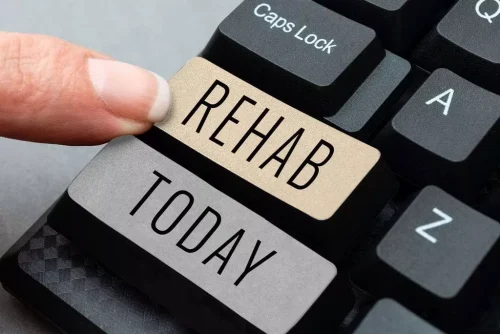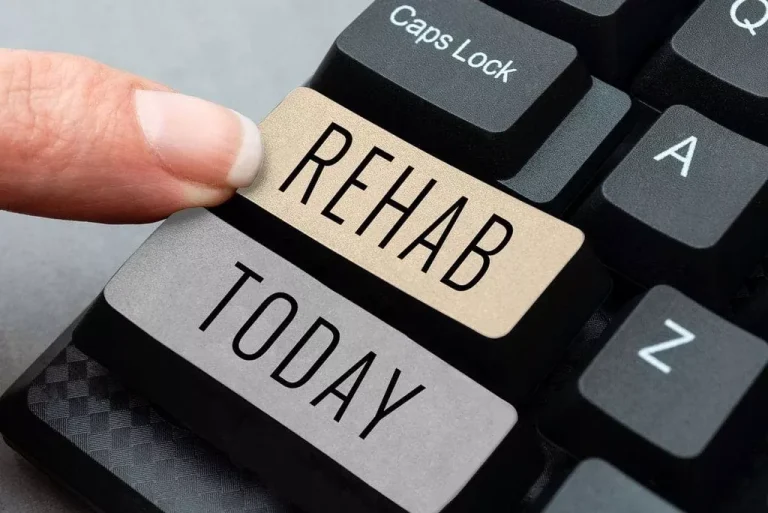
This page has links to resources related to excessive alcohol use, including alcohol use during pregnancy, and where to go for help. First off, take a deep breath and let go of any guilt or shame that you feel about the past. Next, continue reading to learn what the side effects can be — and most importantly, what you can do to ensure good health for you and your baby moving forward. We support research, education, and advocacy, and provide programs and services so that every family can get the best possible start.
Possible side effects of drinking at 3 to 4 weeks pregnant

Your doctor can refer you to a therapist or program that may be able to help. The sooner you get help, the better life will be for you and your baby. SAMHSA Treatment Locator — FindTreatment.govThe Substance Abuse and Mental Health Services Administration (SAMHSA) has a treatment facility locator.

Who’s delivering your baby? Questions to ask birth team providers
Find out what experts say about whether light drinking is risky when you’re pregnant. Women alcohol during pregnancy make decisions about risks and outcomes for our health and the health of our children all the time. We decide what contraception to use based on our acceptance of the risk of an unintended pregnancy. We weigh risks and benefits of using anti-nausea medications or other drugs during pregnancy.
Should you test for MTHFR gene mutation while pregnant or after miscarriage?
- Drinking in pregnancy can lead to long-term harm to the baby, with the more you drink, the greater the risk.
- When you get pregnant, it’s important to get regular prenatal care.
- Stopping alcohol use will improve the baby’s health and well-being.
- The sooner you get help, the better life will be for you and your baby.
They were unable to tell any difference between children whose mothers drank low to moderate amounts of alcohol and those who abstained completely during pregnancy. If you used any amount of alcohol while you were pregnant, talk with your child’s healthcare provider as soon as possible and share your concerns. A couple of drinks a couple of times very early in pregnancy, when you didn’t even know you were pregnant, are unlikely to cause serious harm. When you do find out you’re expecting, you’ll know to steer clear of alcohol for the rest of your pregnancy.
General Health
If you have difficulty stopping drinking, talk Sober living home to a midwife, doctor or pharmacist. However, they should not worry unnecessarily, as the risks of their baby being affected are likely to be low. Studies indicate that FASD can have lifelong implications and is irreversible.
When you get pregnant, it’s important to get regular prenatal care. If you need help to stop drinking alcohol, tell your health care provider right away. The best way to keep your baby safe is to avoid drinking any alcohol when you are pregnant and to get the right support to stop drinking, if you need it. If you’re pregnant, trying to get pregnant or think you may be pregnant, do not drink alcohol. When you avoid alcohol, you remove the risk of FASDs or any other health problems directly caused by drinking alcohol. Drinking alcohol during pregnancy can cause fetal alcohol spectrum disorder or fetal alcohol syndrome, a severe, irreversible developmental condition.
The risks involved with alcohol use during pregnancy

Stopping alcohol use will improve the baby’s https://ecosoberhouse.com/ health and well-being. If you are asked to make a choice, you may have lots of questions that you want to ask. You may also want to talk over your options with your family or friends. It can help to write a list of the questions you want answered and take it to your appointment.
In November 2015, the American Academy of Pediatrics (AAP) published a report that focused on recognizing, diagnosing, and treating FASD. The AAP reaffirmed their recommendation that no amount of alcohol should be consumed during any trimester of pregnancy with a video series in 2019. This telephone survey tracks national and state-specific health risk behaviors of adults, aged 18 years and older, in the United States. The BRFSS is administered and supported by the National Center for Chronic Disease Prevention and Health Promotion, CDC.
